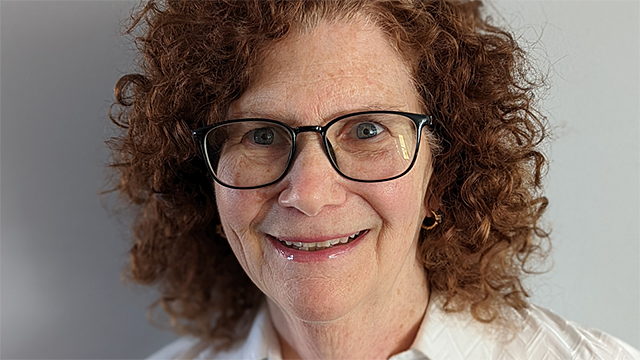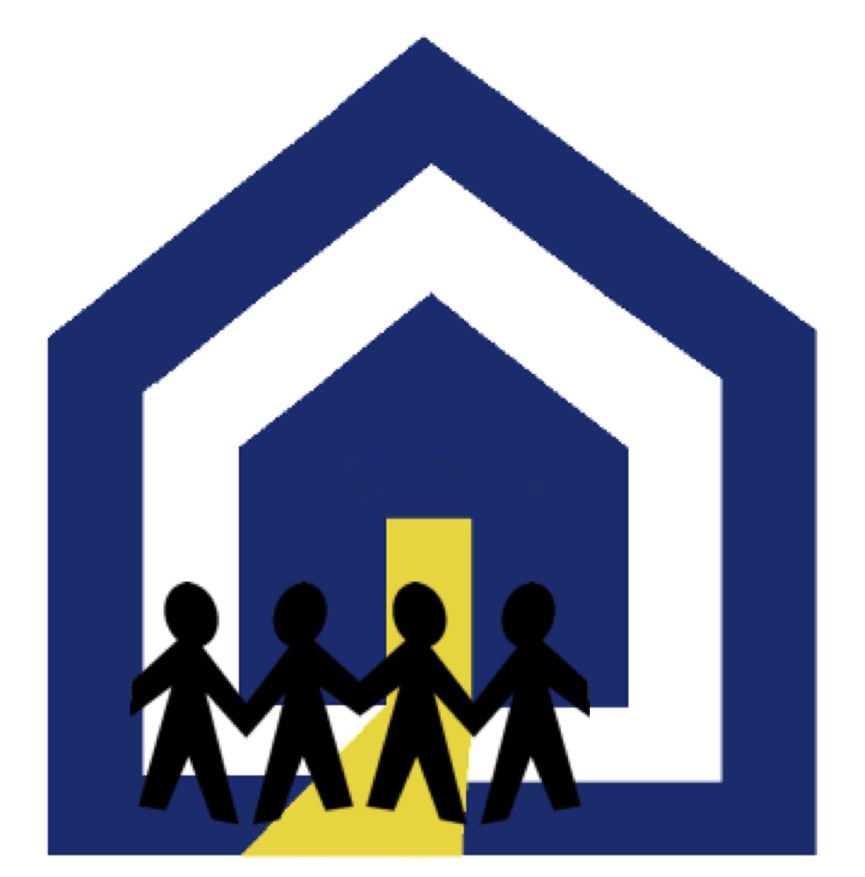Philadelphia Yearly Meeting welcomes with joy Sheila Sorkin into the role of Aging Support Coordinator; we are ecstatic to have someone with a long history of working in fields related to care for the aging. [Read more…] about Welcoming Sheila Sorkin, Aging Support Coordinator
Intergenerational
Crossing the Threshold: Preparing to Welcome Families
How do meeting communities prepare and engage in active invitation to families and children?
Three sets of needs. When a family walks through the door of a meeting, there are three sets of needs we should be prepared to support: the spiritual formation of their children, the spiritual journey of the adults as individual seekers drawn to Quakerism, and the family unit as they search for a spiritual community for their family to grow and contribute in. Welcoming a new family is the work of the whole meeting — youth religious education, worship and ministry, care of community, etc. Pastoral care for children begins with pastoral care for their parents or primary caregivers, and this care is best served at an intersection of multiple committees and ministries. Along with welcome and inclusion, child safety (which is really community safety) is another place for the meeting community to work together to address resources and practices. When my meeting wrote our child safety policy, the ad hoc committee included members of children’s religious education, worship and ministry, and the meeting clerk, who worked together to bring forward a policy for the whole meeting to approve as a body. There is a powerful message in the shared nature of that work.
Listen. When we welcome a family at the meetinghouse threshold, we need to be prepared to reach out and communicate about what they will find there. We also need to be ready to listen. What is a family looking for in a faith community? What do they want you to know about their children, their hopes and needs? After we listen, are we willing to create flexible structure and routines in programs for families to participate? How can we make space for Friends with a variety of gifts to participate in our spiritual community?
I had a humbling experience that lifted up the need to listen, as well as to share about Quakerism and our meeting: In a year when we had many new attenders, we decided to have a shared lunch to invite them more fully into the life and work of the meeting. We prepared a handout about committees, there was an agenda and program (and childcare and pizza for children!). The program opened with the simple request to go around the room and share what had brought each of us to our meeting? Where were we on our spiritual journey? I thought we would do introductions and then get to the “real work” of sharing about our committees and how newcomers could participate. Ninety minutes or so later, we had gotten around the circle of people present. We didn’t get to anything else we had planned. The real work of that time together was sharing, listening, and gathering as a spiritual community. The time for finding a place for people to serve would happen, but we needed to know each other better, first. Integrating families and other newcomers into the spiritual life of the meeting doesn’t need a committee. It’s just about placing primacy on the spiritual experience of worship, listening deeply to one another, and walking with one another in the travails and celebrations of life. People want to share their stories as they come to walk with us. Are we listening?
The unspoken messages of spaces. When my children were very young, I spent most of hospitality hovering over them on antique horsehair furniture where they balanced with glasses of juice and china plates of cookies. I rarely had an adult conversation of any depth, during a time when wonderful connection can happen — and when I needed it. It finally occurred to me to ask if we could add to the social room a small table and chairs for children. The result was transformative! People who are parents can get their children set up there, and then spend coffee hour talking to other adults. The other happy outcome? Children in fellowship with their peers, knowing one another in community outside of a program or worship. Spaces give unspoken, immediate clues to a new family about how prepared the meeting is to welcome them: is there a place to change a diaper? a booster seat or highchair? a small table and chairs in a fellowship space? Does the worship space have a basket of books, coloring, and other quiet things to support children be settled — and included — in worship? Does the greeter have information about child care and youth religious education programs, to hand to visitors along with announcements or information about the meeting? None of these things need to be fancy, but they send a powerful message of inclusion.
Friends may be interested in receiving:
- “The Tote Bag” PYM e-newsletter for Religious Education and Family resources.
- “Quaker Meeting and Me” from the Quaker Religious Education Collaborative. This little book in English and Spanish is wonderful to hand to a visitor or newcomer, or as a gift to young children in the meeting.

